Sooner Survey: Volume 33 No. 8 | October 27, 2021
By Pat McFerron, President
Cole Hargrave Snodgrass & Associate
![]() @McFerron
@McFerron
As Oklahoma restarts its practice of executing those duly convicted, we wanted to look and see where Oklahoma voters are in 2021. What we find is very strong support for the death penalty with almost three times as many supporting the practice (64%) as opposing it (23%). At the extremes, it is even more lopsided with 41% of Oklahomans strongly supporting the death penalty and only 13% strongly opposing. This support is very similar to what we saw the last time we looked at this issue in 2015 (68% Favor vs. 24% Oppose).
The death penalty is an issue that unites Republicans. Fully 80% of Republicans indicate their support and only 9% oppose it. Among registered Democrats, we see a different picture with 44% in favor of the death penalty and 40% opposed, and it is even closer among those Democrats with a history of voting in partisan primaries (43% Favor vs. 42% Oppose).
In addition to the partisan gap, we also see a gender difference – but even here, twice as many women favor the death penalty (56%) as oppose it (28%). This pales in comparison to what we see among men (72% Favor vs. 18% Oppose). Like so many issues in Oklahoma, we also see a difference between those living in rural areas (71% Favor vs. 15% Oppose) and those residing in one of the two great metro centers (57% Favor vs. 31% Oppose).
While not stark, we do see a few more Oklahomans under the age of 45 opposed to the death penalty (30%) than among those over that age (21%), but we still see support hit 60% among all age groups – never falling below 2-to-1 support. Similarly, opposition increases with income, but at its high point – among those earning more than $100,000 a year, 63% support the death penalty and only 30% oppose. Among those in homes with an annual income of less than $50,000, 72% support the death penalty and only 15% oppose it.
While it may seem a little macabre to put the death penalty in a political context, it is a reality. The death penalty is strongly supported by key swing groups in the state: the 20% currently undecided on a generic congressional ballot (55% Favor vs. 28% Oppose); the 20% of Republicans with an unfavorable impression of Governor Stitt (62% Favor vs. 23% Oppose); and the 19% of voters who self-identify as being “Somewhat Conservative” (69% Favor vs. 16% Oppose).
Perhaps the most high-profile death penalty case at this time is that of Julius Jones who was convicted of the murder of Edmond father Paul Howell. Statewide, 50% of voters indicate they have heard of Julius Jones. This is higher in the Oklahoma City media market (61%) and among those using Twitter (56%). Even among those in the Tulsa (41% Aware) and the outlying media markets (33% Aware) we do see significant name recall. It should be noted, those opposed to the death penalty are more likely to be aware of this case (56%) than are those in support of the death penalty (49%). It is clear the public relations campaign around this case has been effective in reaching death penalty opponents.
Despite the skew toward those opposed to the death penalty, only 29% of those aware of Julius Jones – or less than 15% of all voters – support Governor Stitt granting him clemency while 35% of those aware (18% of all voters) oppose clemency for Jones. This question, for obvious reasons, was only asked of those familiar with Jones, but it reflects many of the same patterns seen on the death penalty. Republicans oppose gubernatorial clemency (14% Favor vs. 46% Oppose) while Democrats support it (48% Favor vs. 21% Oppose). Again, we see key swing groups opposing clemency such as those who self-identify as “somewhat conservative” (25% For Clemency vs. 48% Against Clemency).
As Oklahoma again embarks on implementing the death penalty, this will continue to be a political topic with interest. Given the stability of the issue over time, I see nothing to show that opinions would change. When looking at other polling data showing increased concern with crime and recalling the resounding defeat of State Question 805 in 2020, Oklahoma voters seem poised to continue their tough-on-crime views. ◊


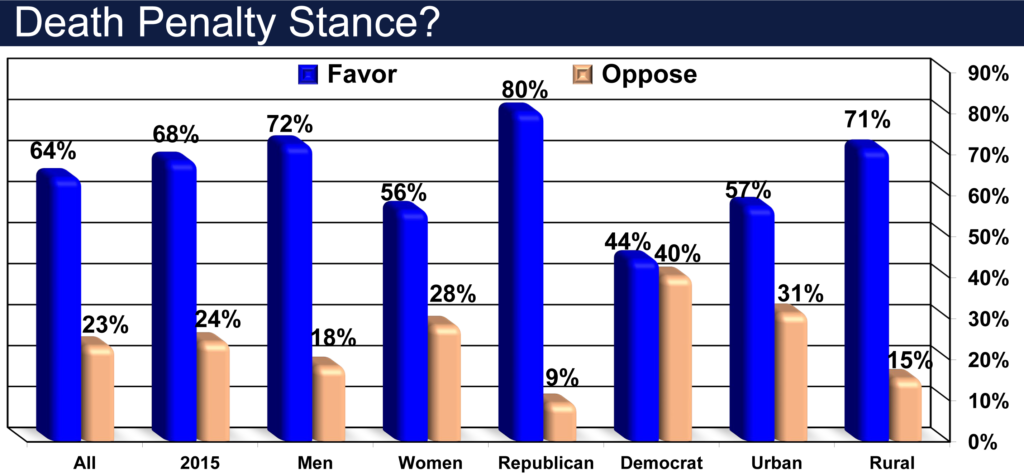
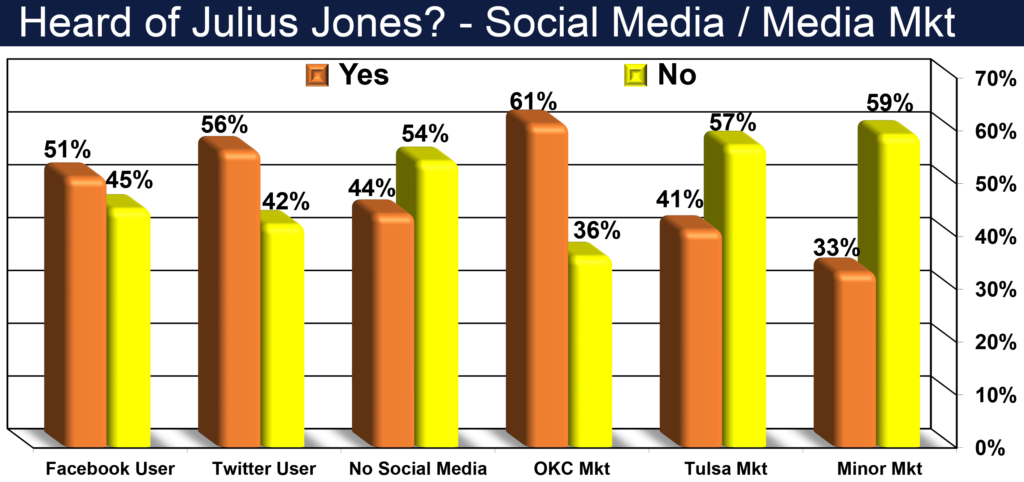
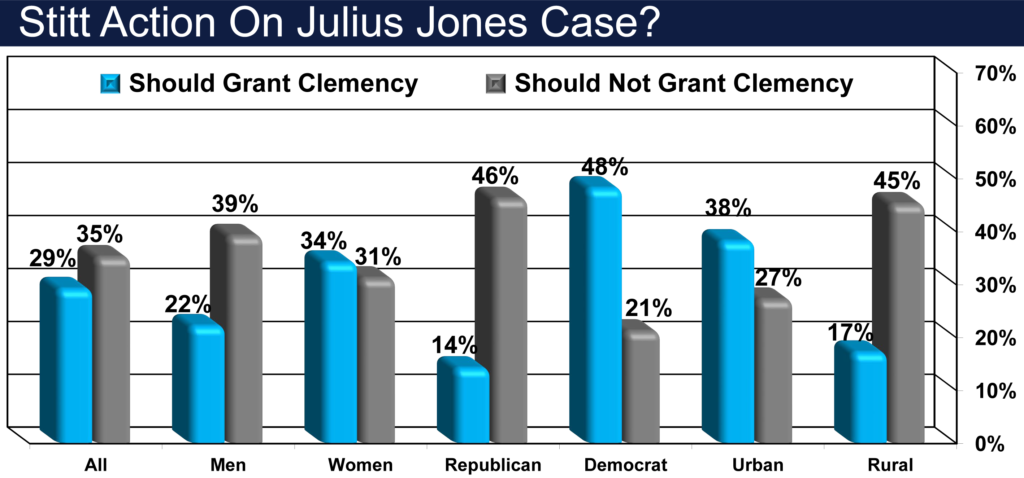
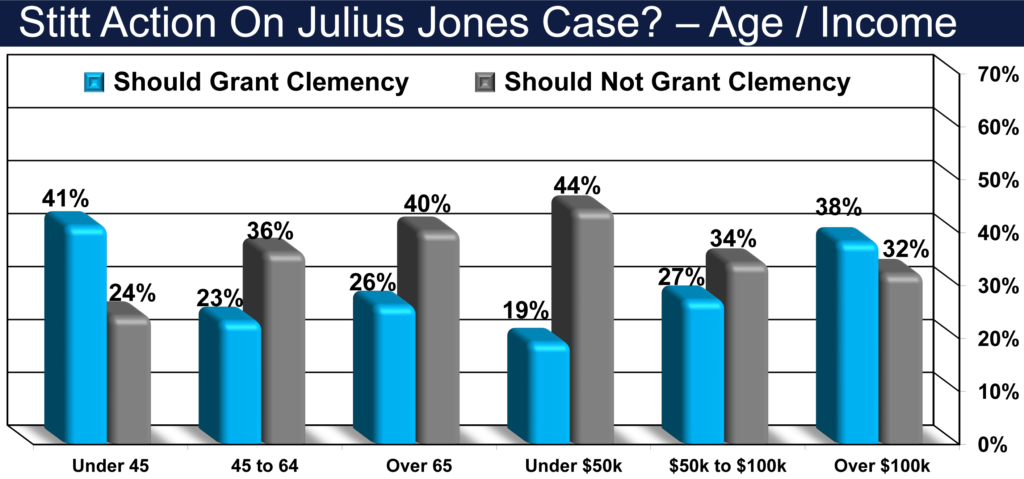





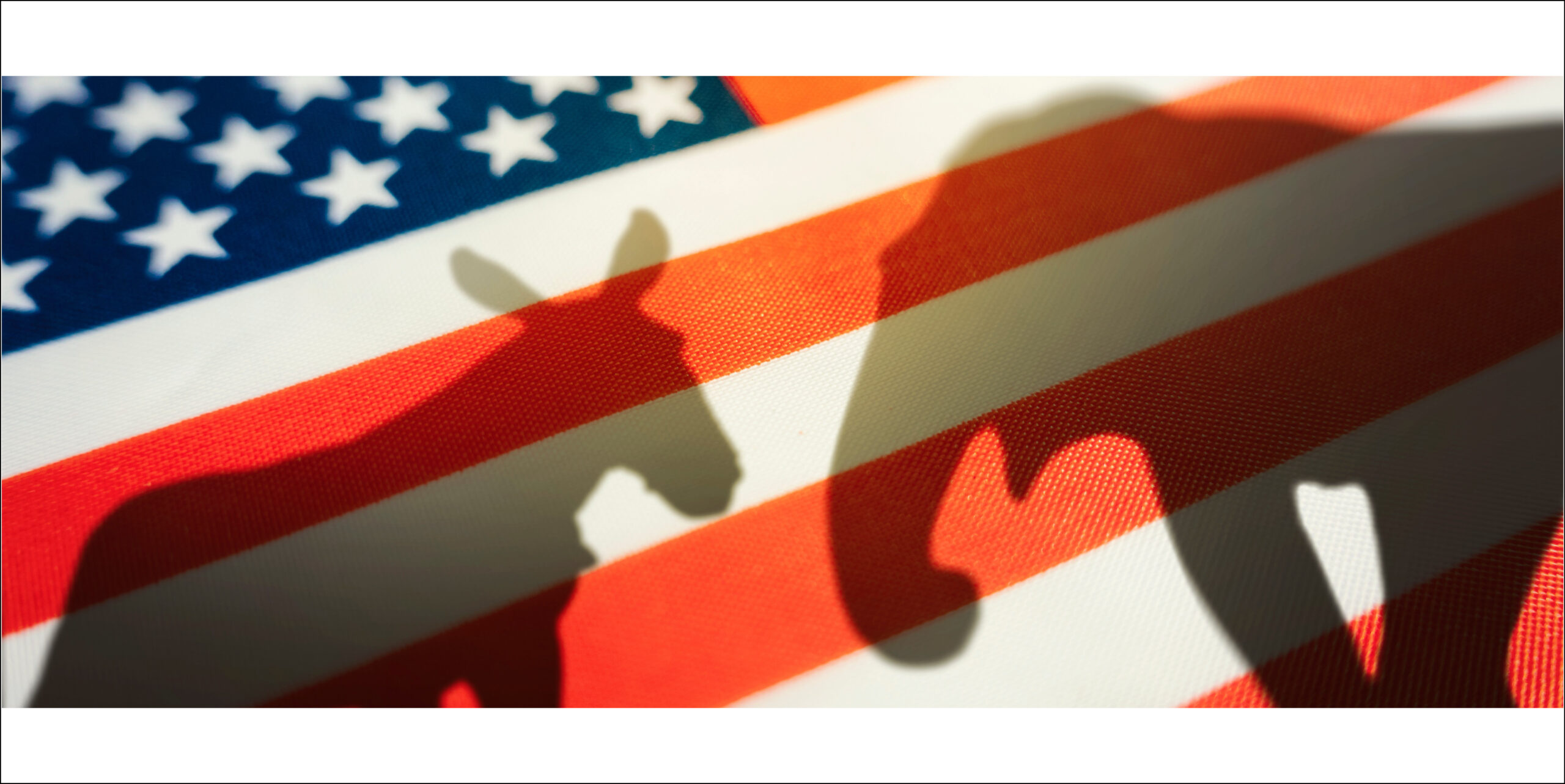
Recent Comments